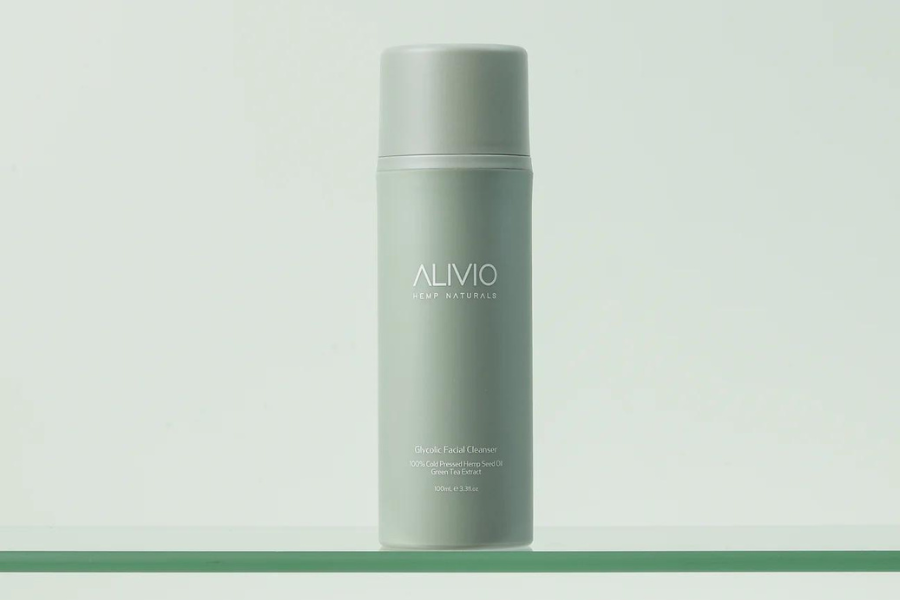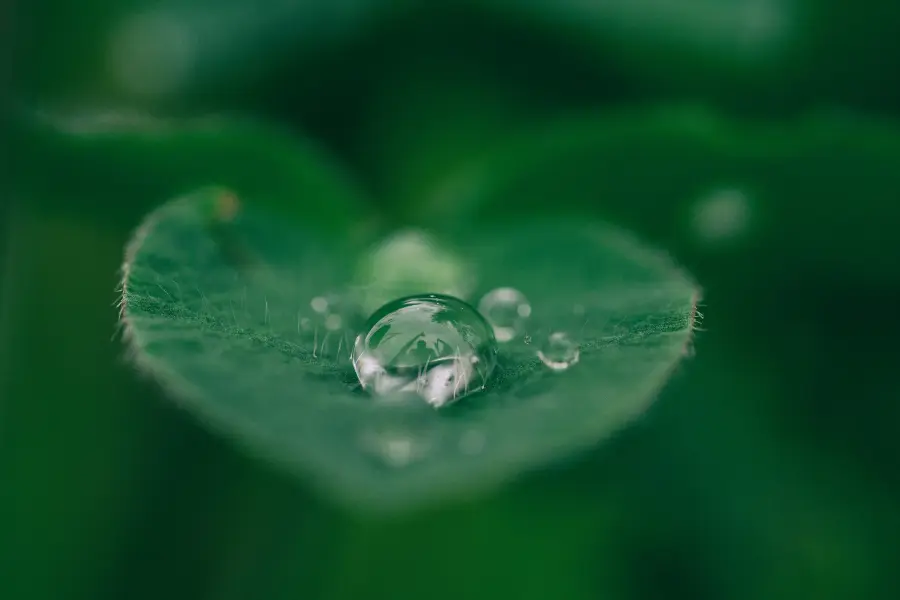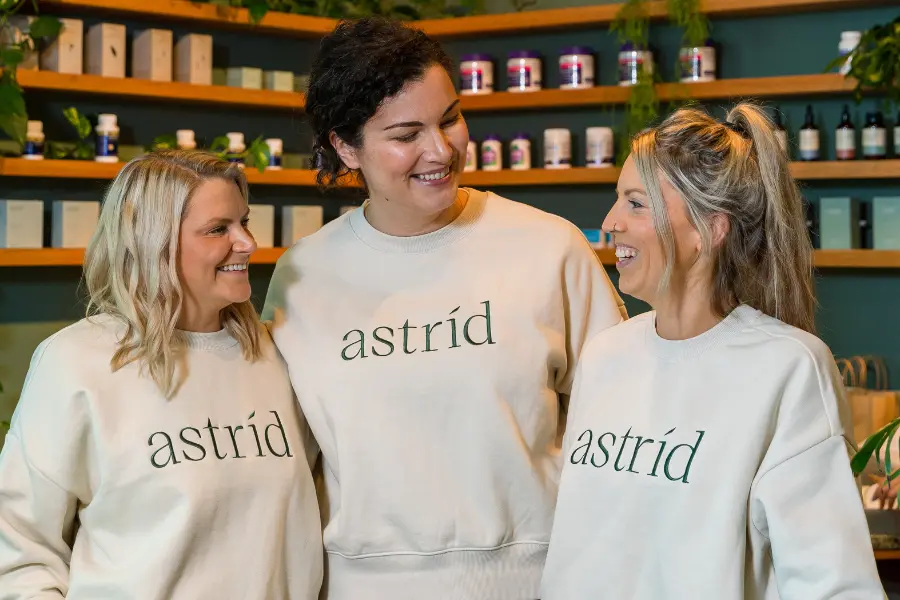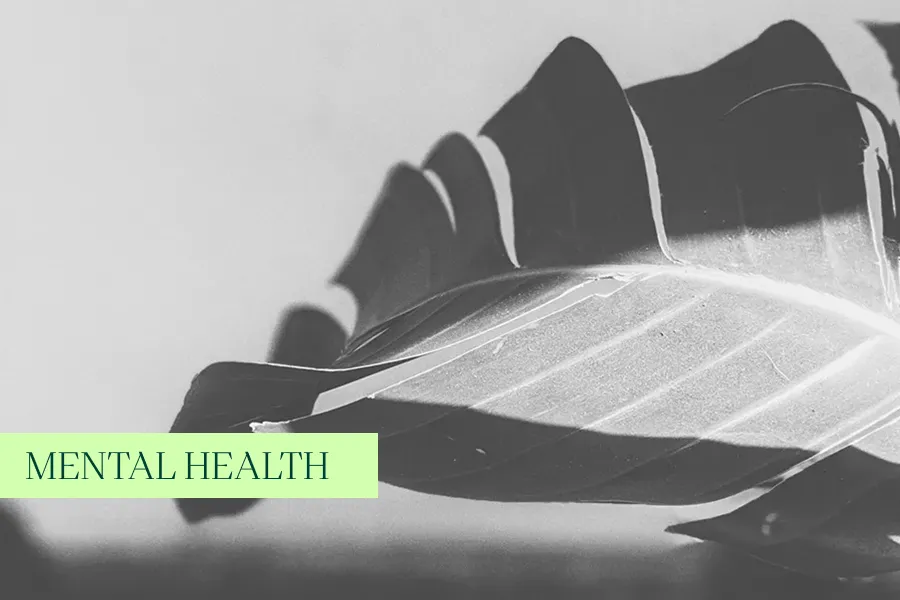At Astrid, we’re not just about supporting patients on their natural therapy journeys, we also support the broader wellness benefits offered by plant-based skincare, natural supplements and lifestyle products.
With skincare enriched with hemp seed oil, we’ve curated a collection that harmonises the ethos of health, wellness, and natural products.
Dive into our selection of gifts and skincare essentials, these products are designed to enhance your wellness journey and bring a touch of botanical bliss into your life.
The Magic of Hemp Seed Oil in Skincare Products
Hemp seed oil is known to be a great natural moisturiser that doesn’t clog pores and is suitable for all types of skin – including dry, oily and combination skin.
Hemp seed oil has become a popular remedy due to its essential polyunsaturated fatty acids (PUFAs), including omega-3s and omega-6s which have anti-inflammatory properties and may be effective when treating skin conditions like irritated skin, eczema, and psoriasis.
Our carefully selected range of hemp oil infused products are available both in-store at Astrid Byron Bay and Astrid South Yarra, and online for those who prefer the convenience of shopping from home.
6 Hemp Seed Oil Skincare Products at Astrid
HunterLab Healing Hand Cream
Soak your hands in the luxurious HunterLab Healing Hand Cream, a masterpiece crafted from the earth’s most nourishing botanicals.
Infused with the potent blend of argan, grapeseed, and hemp seed oils, complemented by soothing aloe vera and the power of native extracts, this hand cream is an ultimate companion for deep hydration. Its non-greasy formula offers a sanctuary of moisture, softening the skin while diminishing dark spots and fine lines with grace.
The high performing formulation has a rich texture which absorbs rapidly into the skin without leaving a greasy residue behind.
The fragrance is a refreshing mandarin, grapefruit, cedarwood, with hints of lavender and rosemary to invigorate the senses.
DIRECTIONS
With a small amount of cream in your palm, gently massage it over your hands until fully absorbed.

HunterLab Hand & Body Wash
Elevate your bathing ritual with HunterLab Hand & Body Wash, a moisturiser packed with nutrients.
Powered by the hardworking hemp seed oil and the rejuvenating baobab protein, this hand or body wash is a testament to the healing power of natural extracts. It also contains native extracts such as aniseed myrtle, mountain pepper, and wild rosella flower, which provide intense hydration and nourishment to the skin.
This multi-purpose wash doesn’t just cleanse, it transforms your skin, leaving it refreshed and enriched over time. The scent is an intoxicating mix of tangerine and grapefruit, with a hint of rum, creating a scent of adventure for each day.
DIRECTIONS
Use in moments when you need a thorough and indulgent cleanse. Use 1-2 pumps of the wash, work into a lather on damp skin, then rinse clean to feel refreshed.

Alivio Hydrating Night Cream
Alivio Hydrating Night Cream is a lightweight and nourishing cream which helps skin to become moisturised and rejuvenated overnight.
Catering to all skin types, this hydrating cream was created to facilitate complete repair and reconstruction of skin internally. At its core, hemp seed oil works in harmony with bakuchiol, nature’s answer to retinol, alongside vitamin C and pro-collagen tripeptide-38, to focus on skin repair and renewal.
As you rest, this lightweight yet deeply nourishing cream works to:
- Shield against and repair from free radical damage
- Plump and hydrates skin
- Restore firmness and elasticity
- Nourishes and strengthens the skin barrier for enhanced resilience
Awaken to a morning of soft, supple skin that radiates health, thanks to the Alivio Hydrating Night Cream’s commitment to your skin’s overnight transformation.
DIRECTIONS
After nighttime face washing routine, use a small amount of Night Cream and rub into face with gentle upward strokes

Alivio Facial Hydrator Serum
The Alivio Facial Hydrator Serum is focused on creating hydration and radiance for all skin types. Enriched with omega fatty acids and the star ingredient, hemp seed oil, this serum is a lightweight elixir designed for effortless absorption into your skincare ritual.
Bakuchiol, a natural cell regenerator and collagen booster, works alongside antioxidants and Vitamin C to unveil a complexion that not only glows but thrives under protection and nourishment suitable for all skin types.
Experience the transformative benefits:
- Illuminates and balances skin tone
- Shields from free radicals and environmental pollutants
- Diminishes signs of ageing
- Deeply moisturises and revitalises
DIRECTIONS
Take a few drops of the Alivio Facial Hydrator Serum each day and softly massage your face to reveal luminous, hydrated skin.

Alivio Glycolic Facial Cleanser
Discover the gentle power of exfoliation with the Alivio Glycolic Facial Cleanser, a daily ritual for unveiling radiant, youthful skin.
Infused with glycolic acid, this cleanser delicately removes lifeless skin cells, revealing the vibrant glow beneath.
Far from the harshness of traditional cleansers, our formula is enriched with hemp seed oil, organic aloe juice, and a blend of cucumber and green tea extracts, offering a soothing, hydrating experience.
Embrace the benefits of this facial cleanser:
- Gentle exfoliation for a brighter, more even complexion
- Daily defence against environmental aggressors
- Reduction in fine lines and wrinkles
- Boost in collagen production for lasting youthfulness
DIRECTIONS
This cleanser’s gel formula lightly lathers, cleansing without stripping, ensuring your skin remains hydrated and calm. With Alivio Glycolic Facial Cleanser, step into a world where daily cleansing is not just a routine but a revitalising skin ritual.

Cannabella Hemp Jelly: The Ultimate Skin Saviour
Dive into the luxurious Cannabella Hemp Jelly, a versatile balm meticulously crafted to nurture, repair, and hydrate even the most troubled skin.
This all-encompassing remedy includes nature’s finest ingredients, suitable for all skin types and particularly a boon for those with sensitivities, including eczema and dermatitis.
At the heart of this balm lies the potent, unfiltered hemp seed oil, renowned for its high chlorophyll content and essential fatty acids, offering unparalleled skin renewal benefits. Its natural prowess in reducing inflammation and inhibiting bacteria sets the stage for a truly transformative skin care experience.
Enriched with the moisture-sealing properties of shea butter and beeswax, Cannabella Hemp Jelly creates a sanctuary of hydration for your skin. Jojoba and avocado oils weave in an antioxidant-rich layer, while vitamins E and A accelerate healing, fend off breakouts, and bolster the skin’s defence mechanisms.
Directions and versatile uses for Cannabella Hemp Jelly during every part of your skincare routine:
- Lip Balm: A touch of balm on the lips keeps them soft and supple.
- Overnight Face Mask: An evening layer promises a morning of ultra-hydrated skin.
- Cleansing Balm: Transform your cleansing ritual, effortlessly lifting away makeup and impurities.
- Cuticle Balm: Nourish and protect your nail beds with a gentle massage.
- Fly-away Balm: Tame frizz and flyaways for sleek, smooth hair.
- Soothing Relief: Apply generously to areas affected by sunburn, rashes, or wind burn for calming relief.
- Nappy Rash & Chafing: Offer gentle, soothing care for the littlest ones in your life.
Cannabella Hemp Jelly is a multi-purpose marvel, ready to become the hero of your skincare routine. Embrace the healing power of hemp and let your skin experience the pure, nourishing love it deserves.

At Astrid, we’re on a mission to support everyday Australians with their overall health and wellbeing.
Come visit us in Melbourne or Byron to view our products in person, or give us a call to discuss our products with the Astrid team.






